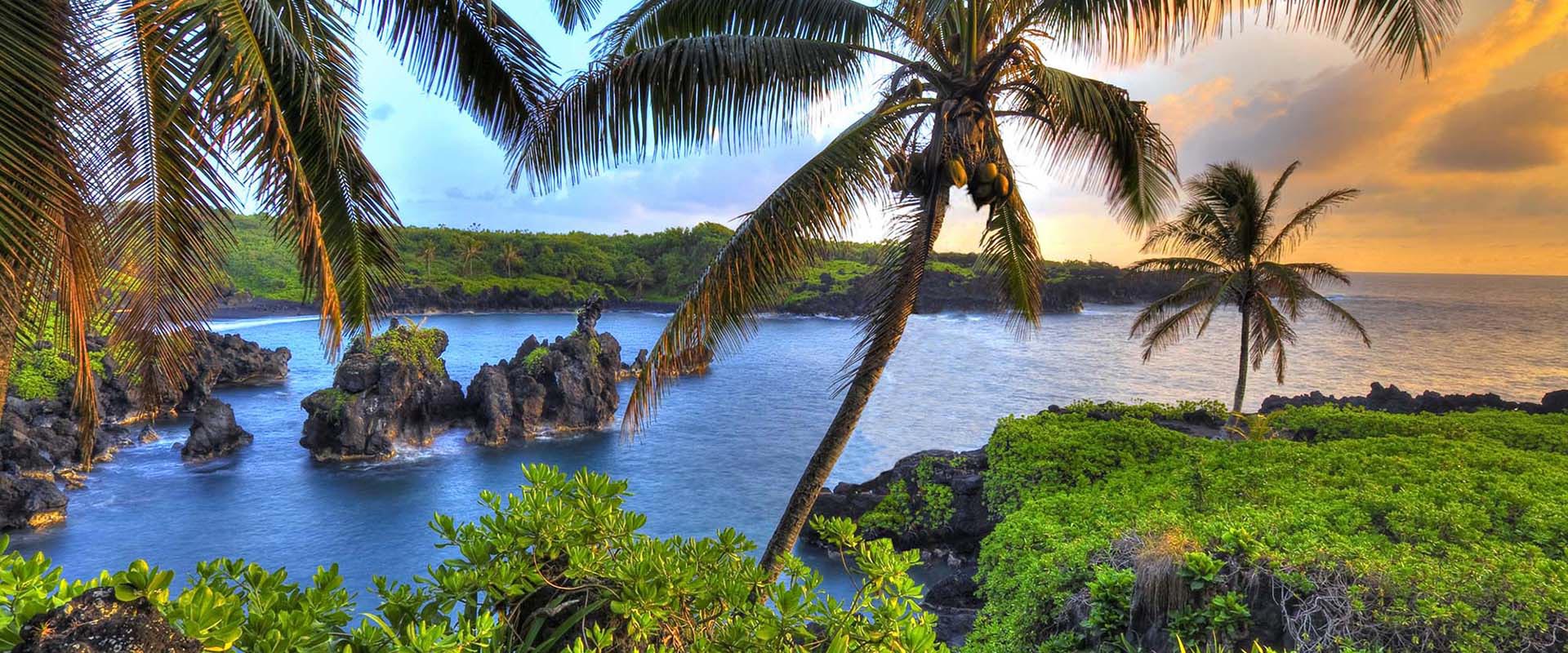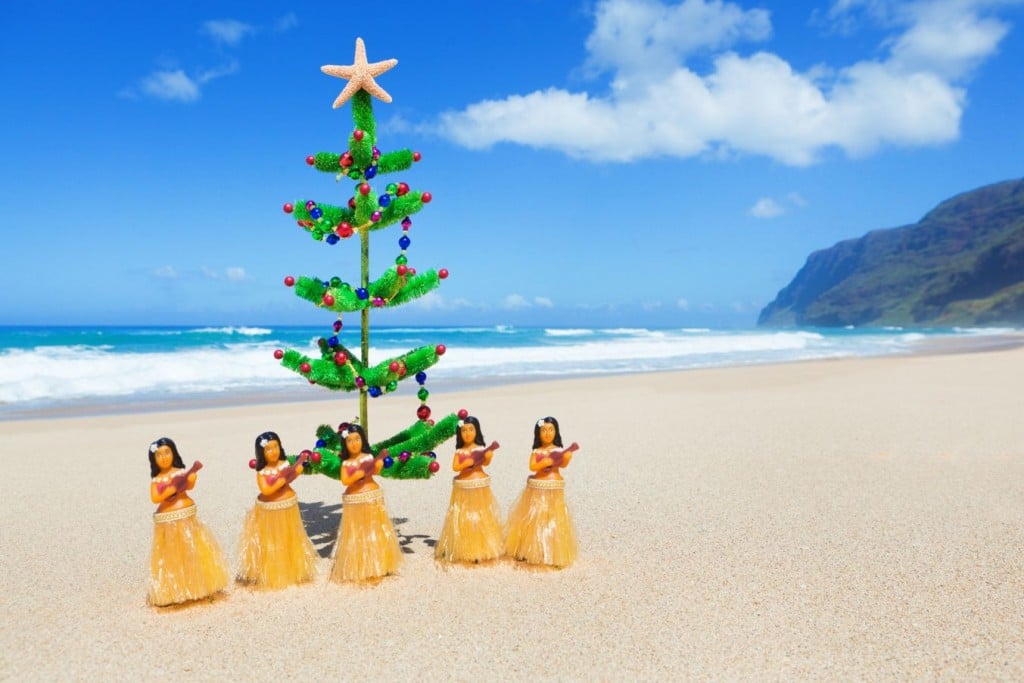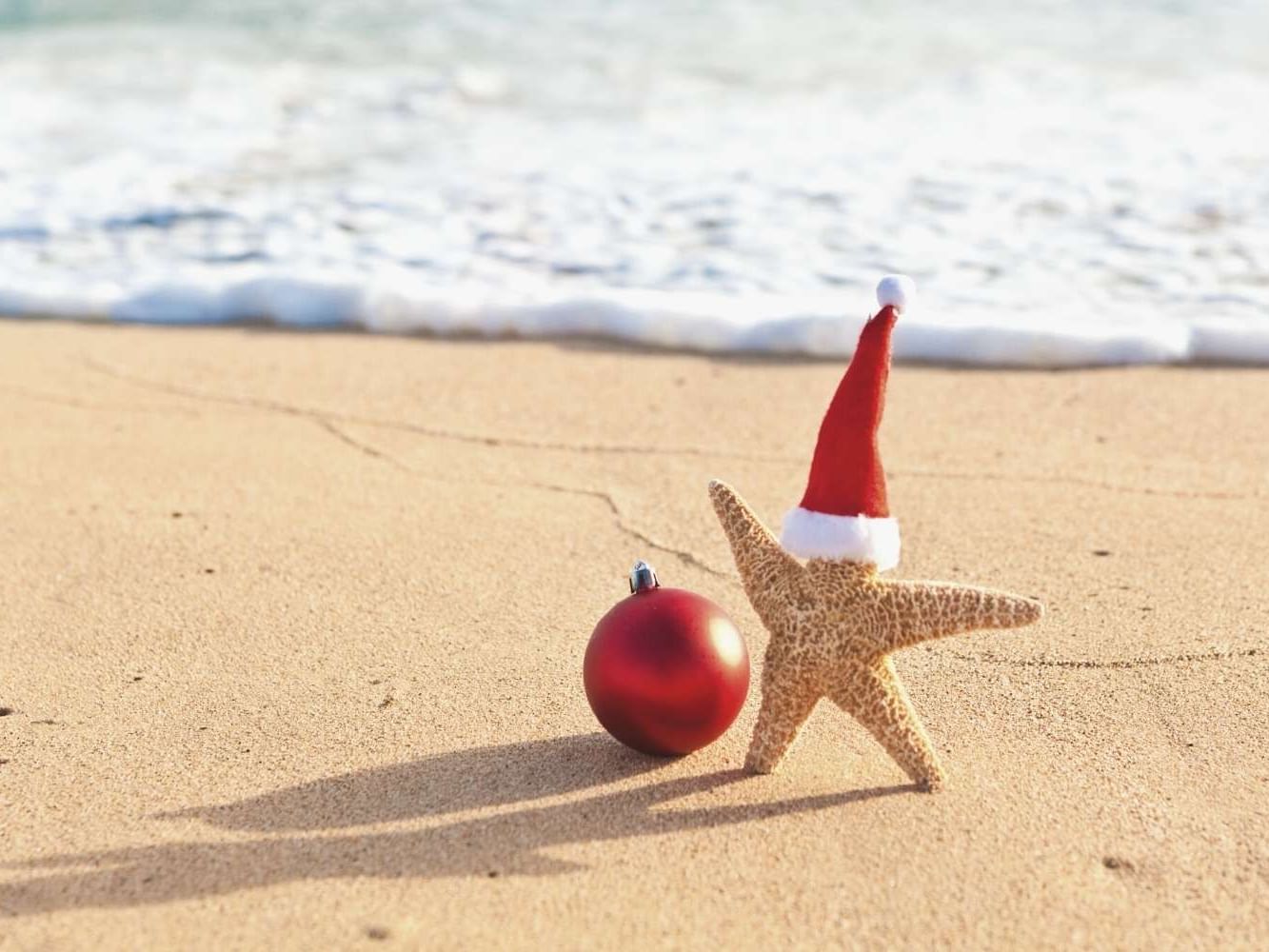Navigating The Festive Landscape: A Guide To Hawaii’s Holidays In 2025
Navigating the Festive Landscape: A Guide to Hawaii’s Holidays in 2025
Related Articles: Navigating the Festive Landscape: A Guide to Hawaii’s Holidays in 2025
Introduction
In this auspicious occasion, we are delighted to delve into the intriguing topic related to Navigating the Festive Landscape: A Guide to Hawaii’s Holidays in 2025. Let’s weave interesting information and offer fresh perspectives to the readers.
Table of Content
Navigating the Festive Landscape: A Guide to Hawaii’s Holidays in 2025
![Hawaii (HI) State Holidays [year]](https://publicholidaysdates.com/wp-content/uploads/2021/12/Hawaii-State-Holidays-1536x1229.jpg)
Hawaii, a state renowned for its breathtaking natural beauty and rich cultural heritage, also boasts a vibrant calendar of holidays. These observances, a tapestry woven from diverse traditions, provide opportunities for reflection, celebration, and community engagement. Understanding these holidays offers a deeper appreciation for the state’s unique history and its ongoing evolution.
A Glimpse into the 2025 Calendar
The year 2025 presents a diverse array of holidays in Hawaii, each with its own significance and celebration. Here’s a breakdown of notable dates:
January
- New Year’s Day (January 1): A universal celebration marking the beginning of a new year, often accompanied by fireworks and festive gatherings.
- Martin Luther King Jr. Day (January 20): Honoring the life and legacy of Dr. Martin Luther King Jr., a pivotal figure in the Civil Rights Movement, this day emphasizes equality and social justice.
February
- Presidents’ Day (February 17): A federal holiday commemorating the birthdays of George Washington and Abraham Lincoln, two influential figures in American history.
March
- King Kamehameha Day (March 11): A state holiday celebrating the birthday of King Kamehameha I, the unifier of the Hawaiian Islands. This day features parades, cultural events, and demonstrations of traditional Hawaiian practices.
April
- Easter Sunday (April 20): A Christian holiday commemorating the resurrection of Jesus Christ. Celebrated with church services, family gatherings, and Easter egg hunts.
- Memorial Day (May 26): A national day of remembrance for those who died while serving in the United States Armed Forces. This day is marked by parades, ceremonies, and the placing of flags on graves.
May
- Lei Day (May 1): A celebration of Hawaiian culture, featuring the traditional lei, a symbol of affection and hospitality. Lei Day events often include lei-making workshops, hula performances, and cultural demonstrations.
June
- Father’s Day (June 15): A day dedicated to honoring fathers and father figures, often celebrated with family gatherings, gifts, and special meals.
July
- Independence Day (July 4): A national holiday commemorating the signing of the Declaration of Independence, celebrated with fireworks displays, parades, and community gatherings.
August
- Statehood Day (August 21): A state holiday celebrating the admission of Hawaii into the United States in 1959. This day is marked by special events, cultural performances, and historical reflections.
September
- Labor Day (September 1): A federal holiday celebrating the achievements of workers and labor unions. This day is often marked by picnics, parades, and community gatherings.
October
- Columbus Day (October 13): A holiday observed in several states, celebrating the arrival of Christopher Columbus in the Americas. While this holiday remains controversial due to its historical implications, it continues to be observed in some communities.
November
- Veterans Day (November 11): A national holiday honoring veterans of the United States Armed Forces. This day is marked by parades, ceremonies, and expressions of gratitude for their service.
- Thanksgiving Day (November 27): A national holiday celebrated with family gatherings, traditional meals, and expressions of gratitude for blessings received.
December
- Christmas Day (December 25): A Christian holiday celebrating the birth of Jesus Christ. Celebrated with church services, family gatherings, and festive decorations.
- Boxing Day (December 26): A holiday observed in several countries, including Canada and the United Kingdom, traditionally a day for giving gifts to servants and the less fortunate. While not officially recognized in Hawaii, it is observed by some residents.
Beyond the Calendar: Understanding the Significance
While this list provides a snapshot of the 2025 holiday calendar, it is crucial to delve deeper into the meaning and significance of each observance. Understanding the historical context, cultural traditions, and societal impact of these holidays allows for a more informed and enriching experience.
King Kamehameha Day: This day transcends a mere birthday celebration. It signifies the unification of the Hawaiian Islands under a single ruler, laying the foundation for a unified Hawaiian nation. Celebrating this day offers an opportunity to learn about the legacy of Kamehameha I, his vision for a unified Hawaii, and the cultural traditions that continue to thrive today.
Lei Day: More than just a day for wearing leis, Lei Day embodies the spirit of aloha, the Hawaiian concept of love, compassion, and mutual respect. It is a reminder of the importance of cultural heritage and the power of tradition to bind communities together.
Statehood Day: This day serves as a reminder of Hawaii’s journey to become the 50th state of the United States. It is a celebration of the state’s unique identity, its contributions to the nation, and its continued evolution as a vibrant and diverse community.
Navigating the Festivities: A Guide for Visitors and Residents
For visitors and residents alike, navigating the holiday season in Hawaii requires a degree of understanding and preparation.
Tips for Travelers:
- Research holiday schedules: Understanding the dates and significance of holidays can enhance your travel experience. Many businesses and attractions may have altered hours or closures during holiday periods.
- Embrace cultural traditions: Participating in cultural events and celebrations can provide a deeper understanding of Hawaiian culture.
- Respect local customs: Be mindful of local traditions and customs, particularly during religious holidays.
- Plan ahead: Accommodation and transportation may be more difficult to secure during peak holiday periods.
- Enjoy the festivities: Take advantage of the unique opportunities presented by each holiday to experience the spirit of Hawaii.
Tips for Residents:
- Plan ahead for travel: Many residents travel to visit family and friends during holiday periods. Plan your travel arrangements in advance to ensure a smooth journey.
- Consider local traditions: Engage in local traditions and festivities, fostering a sense of community and celebrating the state’s diverse heritage.
- Be mindful of neighbors: Respect the traditions and customs of your neighbors, especially during religious holidays.
- Support local businesses: Consider patronizing local businesses during holiday periods, contributing to the local economy and supporting local entrepreneurs.
Frequently Asked Questions:
Q: What are the most popular holidays in Hawaii?
A: The most popular holidays in Hawaii tend to be those with cultural and historical significance, such as King Kamehameha Day, Lei Day, and Statehood Day. These holidays offer opportunities for community engagement, cultural exploration, and celebration of the state’s unique heritage.
Q: Are all holidays observed as state holidays?
A: Not all holidays are observed as state holidays. Some federal holidays, such as Presidents’ Day and Columbus Day, are not recognized as state holidays in Hawaii. However, they may still be observed by businesses and individuals.
Q: What are the best ways to celebrate holidays in Hawaii?
A: Celebrating holidays in Hawaii can be as diverse as the state’s cultural landscape. Some popular ways to celebrate include attending cultural events, participating in parades, enjoying traditional meals, and engaging in community activities.
Q: How do holidays impact daily life in Hawaii?
A: Holidays often bring a sense of community and celebration to Hawaii. Many businesses and attractions may have altered hours or closures during holiday periods, and traffic may be heavier than usual. However, the festive spirit and cultural events create a vibrant and engaging atmosphere.
Conclusion:
Hawaii’s holidays offer a unique window into the state’s cultural tapestry, its historical evolution, and its ongoing spirit of aloha. By understanding the significance of these observances, residents and visitors alike can experience the rich traditions and vibrant community spirit that define Hawaii. From the celebration of King Kamehameha’s legacy to the joyous festivities of Lei Day, each holiday provides an opportunity to connect with the state’s past, present, and future.








Closure
Thus, we hope this article has provided valuable insights into Navigating the Festive Landscape: A Guide to Hawaii’s Holidays in 2025. We appreciate your attention to our article. See you in our next article!
You may also like
Recent Posts
- Exploring The World In February 2025: A Guide To Travel Destinations
- Navigating The Summer School Holidays In The UK: A Comprehensive Guide For 2025
- Navigating Singapore’s Public Holidays In 2025: A Comprehensive Guide
- A Comprehensive Guide To Skiing Holidays In January 2025
- Embracing The Winter Wonderland: A Comprehensive Guide To Ski Holidays In January 2025
- Tenerife In April 2025: A Springtime Escape To The Canary Islands
- The Future Of Travel: A Look At Holiday Trends For 2025
- Unveiling The World Of Travel: An Exploration Of Thomas Cook’s 2025 Brochure
Leave a Reply